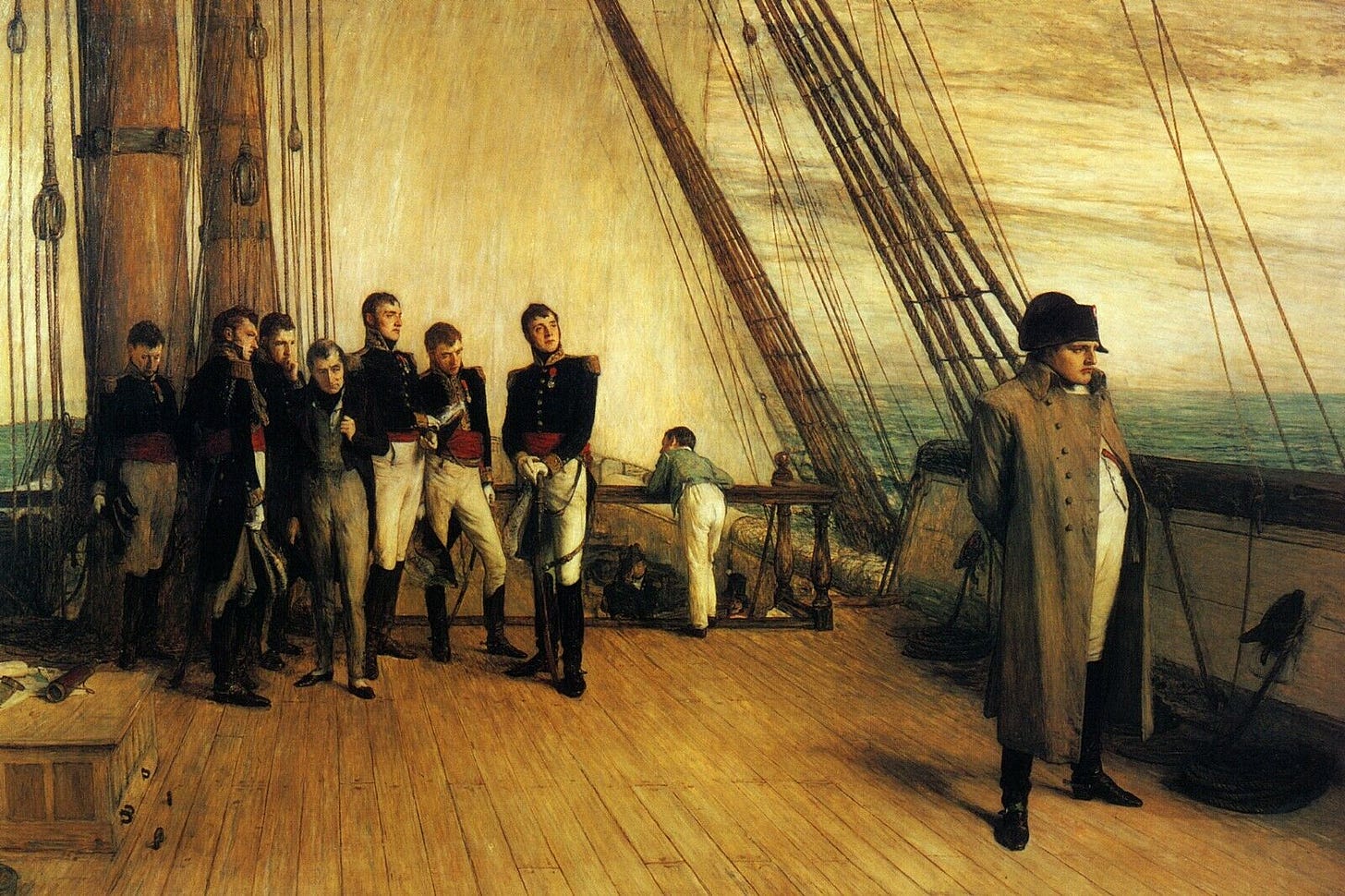How to Win Hearts and Minds
The true measure of leadership is seen in a culture of caring
“In war, three-quarters turns on personal character and relations; the balance of manpower and materials counts only for the remaining quarter.”
— Napoleon Bonaparte, 1808
The best leaders know that at the highest level, there are three aspects to business they can influence: people, processes, and technology.
But when we look at so many of them, where do we see their focus?
Often, we find them obsessing over the technology aspect.
They worry about enterprise software, infrastructure, cybersecurity, data management, AI, equipment, buildings, and much more.
But how much do they pour into concern for their people? By inspiring them, providing a clear and compelling vision, and communicating relentlessly, good leaders have plenty of willing followers, even under the direst of circumstances.




